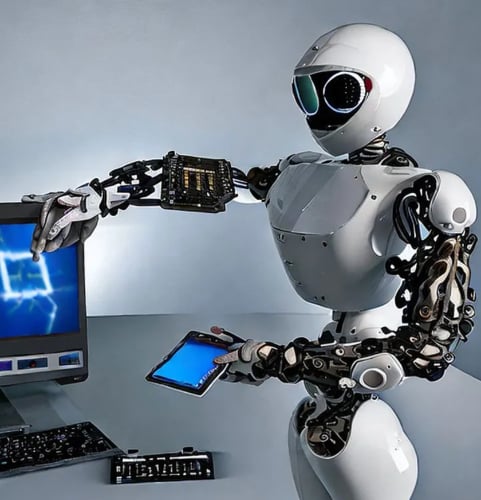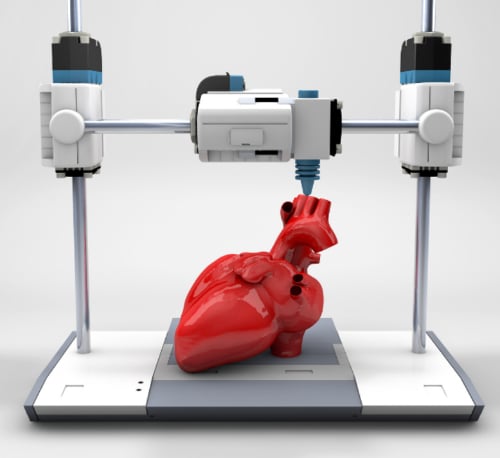Related searches

AI in Manufacturing: Driving Efficiency and Innovation
One of the most exciting areas for AI in manufacturing is its ability to automate processes, improve quality control, and predict maintenance needs. AI-powered systems can analyze vast amounts of data from production lines, identifying inefficiencies and suggesting improvements in real-time. This leads to cost savings, faster production times, and the ability to scale operations while maintaining quality. Inflection AI and similar companies are pioneering solutions that allow manufacturers to harness the power of AI to streamline their operations and drive innovation across their supply chains.
The Role of Artificial Intelligence and Machine Learning
At the heart of many AI advancements are artificial intelligence and machine learning (ML), which enable systems to learn from data and make decisions without explicit programming. These technologies are transforming sectors like healthcare, finance, and marketing, by offering predictive capabilities, personalizing user experiences, and automating repetitive tasks. As AI and ML algorithms become more sophisticated, businesses can unlock deeper insights and create more personalized customer experiences, setting the stage for a smarter, more connected future.
OpenAI and Microsoft: A Partnership Shaping the Future of AI
OpenAI and Microsoft are collaborating to push the boundaries of AI research and development. Microsoft’s integration of OpenAI's language models into their products, such as through Azure OpenAI services, is making it easier for businesses to access cutting-edge AI tools and build custom solutions. This partnership is accelerating the development of more powerful AI systems that can tackle complex challenges, from natural language processing to data analysis, further embedding AI into the fabric of everyday business operations.
The Future of AI in Business
As artificial intelligence in business continues to evolve, its applications are becoming more diverse. AI is no longer just about automating tasks; it is now a critical tool for driving strategic decisions and improving customer engagement. Companies that adopt AI early can gain a competitive edge by optimizing their operations, personalizing services, and gaining insights that were previously inaccessible. From small startups to global corporations, AI is leveling the playing field and enabling businesses to thrive in an increasingly data-driven world.
Conclusion
The rise of AI in manufacturing, business, and beyond is reshaping industries across the globe. Whether it’s the automated insights provided by platforms like DataRobot or the advanced AI models developed through partnerships like OpenAI Microsoft, the future of AI promises smarter, more efficient solutions that drive innovation. As these technologies continue to advance, businesses that embrace AI will be better positioned to navigate challenges, improve operations, and deliver exceptional customer experiences.





